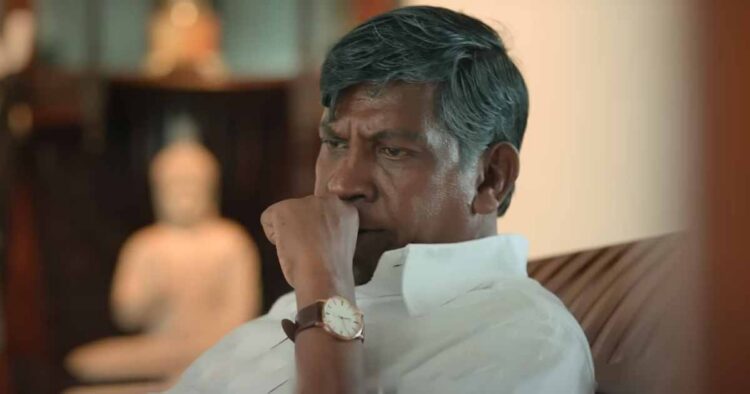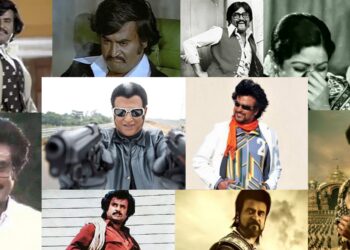Vadivelu is first and foremost an artist; he is a man who is completely devoted to the world of cinema in all its depth and complexities. Vadivelu’s transformation from a purely comedic actor to a protagonist with grit and valour of his own is a reflection of how Tamil cinema has significantly transformed not only on a technical basis but also on an artistic, aesthetic, and allegorical level to better represent the complexity of Tamil life.

As a performer, Vadivelu has always delivered a compounded and solid interpretation of everyday life. The philosophical nature of his work is that he always represented the losing side; he represented the way many people, through loss, chose to endure the pain with comedy. It was that brilliant aspect of his understanding that made his work unforgettable, and even after his prime in films, many of his sequences were used in memes because they essentially captured the Sisyphean nature of life. In each role Vadivelu performed, the cycle of loss and triumph was perpetual, mimicking and affirming that life oscillates in a dialectical motion.
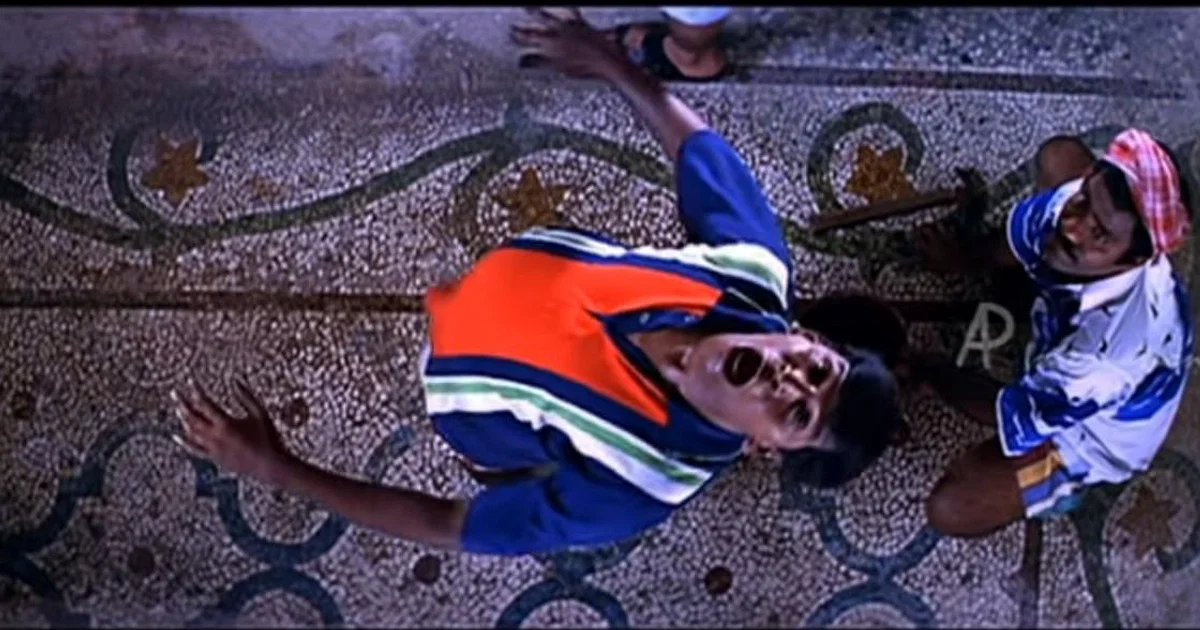
One of his most iconic works is the film Friends, where he plays the disorganised yet dedicated to success, contractor Nesamani. The prevalence and cultural influence the character had could be witnessed through #Pray_For_Nesamani, an internationally trending meme in 2019, 18 years after the film’s initial release. Every scene with Nesamani on screen was a laugh riot; his expressions, his delivery, and his body language were nothing short of comedic brilliance. Vadivelu is not only masterful in his line delivery and his intriguing diction and annunciation but also in the way his body language is shaped for each role. The body is as much an acting instrument as the face is, and Vadivelu truly understands the art and importance of movement. Comedy works well in the world of ironies; for there to even be a state of comedy in a context, there should be an appropriate amount of hilarious absurdities, and Friends is near perfect in this aspect with its many hilarious ironies. Nesamani, being a dedicated man just trying to get his job done but constantly meeting with the incompetence of his team, is the core of this hilarious contradiction.
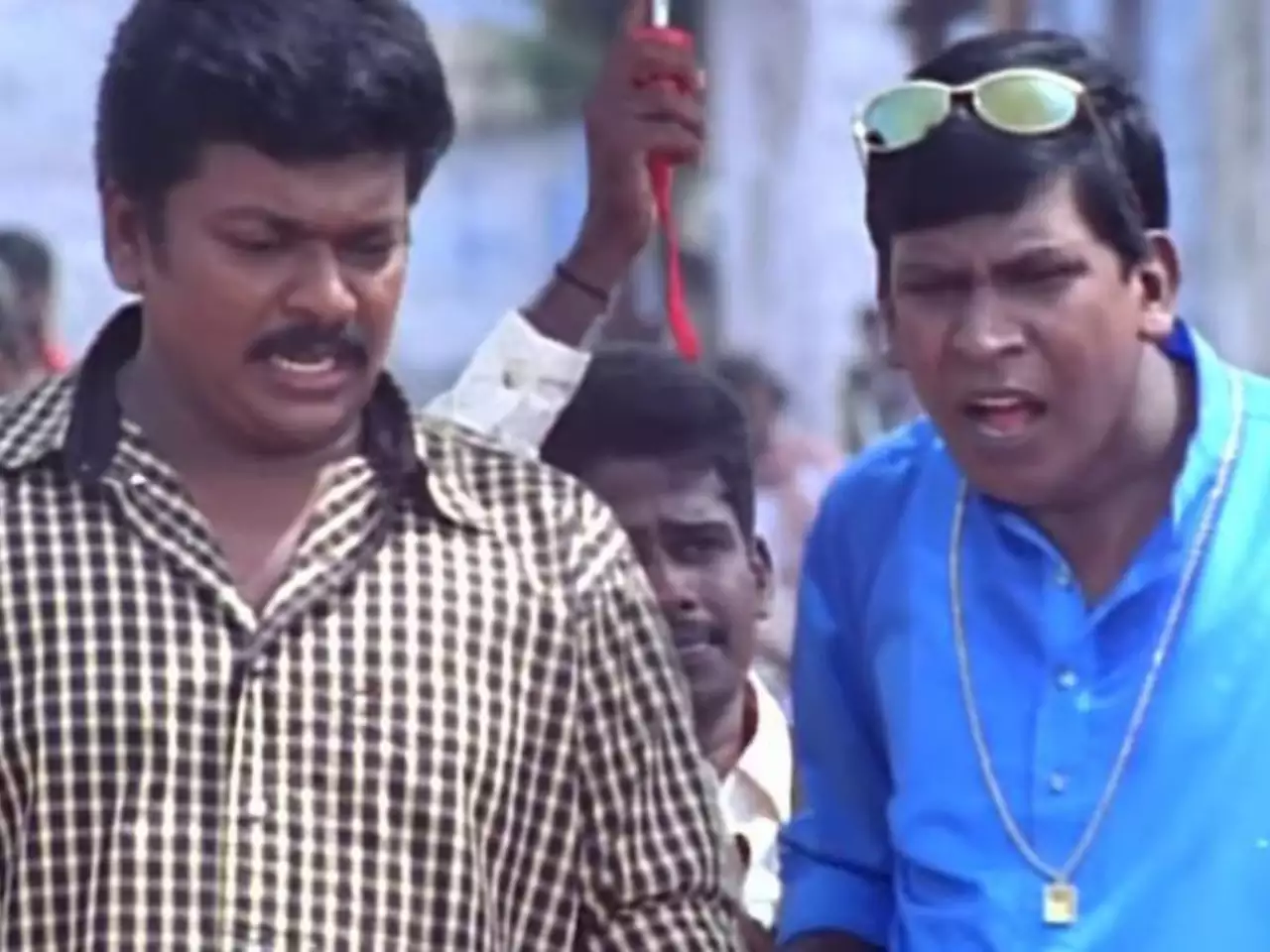
Vadivelu’s brilliant and unforgettable performance in Vetri Kodi Kattu as Sudalaimuthu, a former migrant worker who has come back to his village from Dubai, truly enlightened another aspect of the image of migrant workers. Although incredibly quotable and hilarious, his depiction of this particular character delves deep into the dual nature of migrant workers, who bear the brunt of being exploited and humiliated in foreign countries where they work without any form of legal protection from exploitation. On the other side, this same worker, as a way of reclaiming their reaped sense of personhood, would like to emulate a form of false egotism from having worked in a more developed nation. Vadivelu brings out this duality in the nature of the migrant worker; till today, there are hundreds and thousands of workers not only from Tamil Nadu but all over India, Bangladesh, Pakistan, Burma, the Philippines, Indonesia, and more nations, who migrate to foreign nations only to be brutally dehumanised and reaped of their labour. While the film is sympathetic towards the pain and grief of migrant workers, it spares no mercy in criticising Vadivelu’s Sudalaimuthu, who is made to be humiliated for cleaning toilets in Dubai. The film does emphasise that the reason the narrator punishes Sudalaimuthu, is to make him come to terms with his own reality and the dystopic truth of working in Dubai.
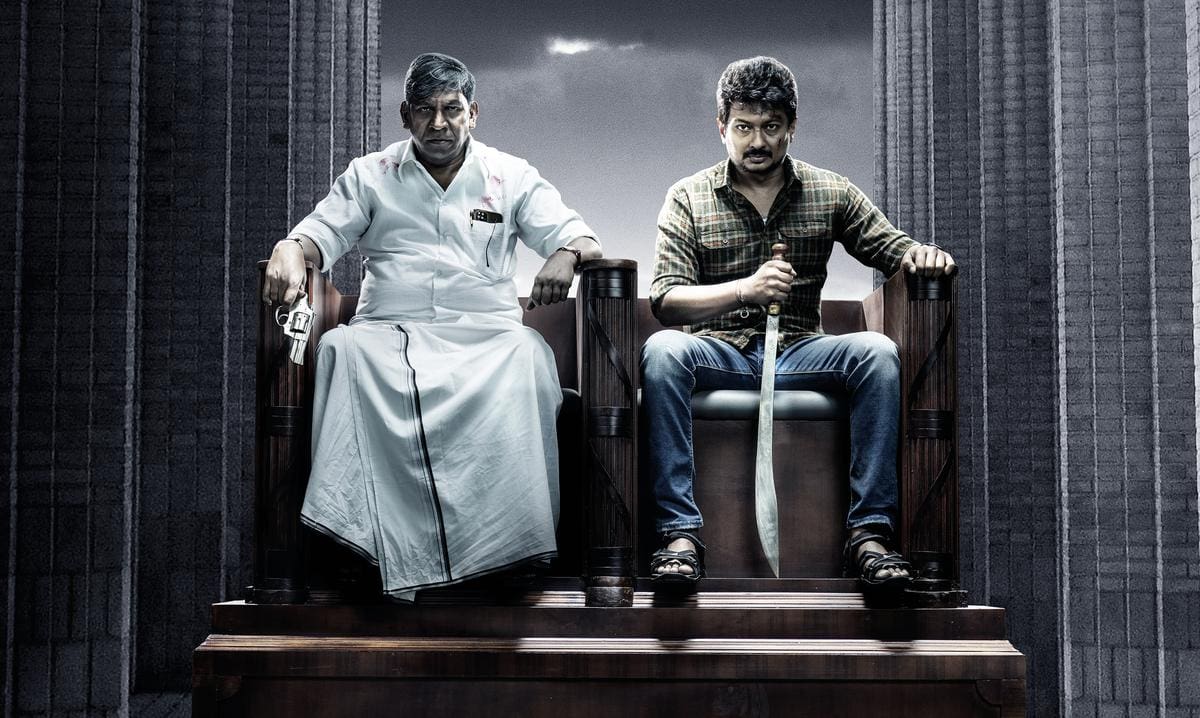
This cycle of loss and irony was reintroduced again, but on a darker and more agonising interpretation, in Maamannan, where the director of the film Mari Selvaraj has stated that Vadivelu’s Maamannan is a rendition of his former character Esaki from the film Thevar Magan. Mari wanted to dignify the character of Esaki, who was a demoralised and submissive character in the film Thevar Magan and who submits to the upper-caste character of Kamal Hassan and his family. In this reinterpretation of not just the character of Esaki but also the reality and reclamation of Dalit dignity, Mari places Maamannan at the forefront. Maamannan is a Dalit man who, through the film, searches for his own identity and self-respect. The scene where he had to opportunistically decide between fighting for justice for the children (including his own) that have been violently harmed by caste violence and having to compromise in order for the party he was in to win the votes of the very same caste-Hindus who had harmed those children was one of the more phenomenal sequences in Tamil cinema history. The brilliance of Vadivelu can be encapsulated by that one scene of alone, where we can see how helpless and vulnerable caste violence can make a Dalit man feel. The brilliance of Mari Selvaraj too can be seen in how he formed the scene to take place on the edge of a cliff, where the audience can feel the annihilating desolation of being pushed to the brink of making such a morbid decision.

Vadivelu’s entire body of work is filled with the exposition of power, the imbalance of power in society, and the pain of grief and loss, which is what dictates the basis of a lot of his comedy. The fact that many people were and are drawn to his style of comedy is because it helps relieve the wounds that reality inflicts on everyone. Just as Vadivelu goes through humiliations and turmoil in films, so does the viewer get to witness a representation of their misery being portrayed as a comedic segment. Vadivelu’s comedy acts as temporary pain relief for the brutality one has endured in this lifetime, but just as he himself had to outgrow that phase of dealing with trauma through jokes, so does the viewer. One cannot live through the exploitations of life by remaining compliant as Esaki, for only by struggling through the hierarchies of society can one live with dignity and self-respect, as Maamannan learns to do in the end.
Follow us on Instagram, Facebook or Telegram for more updates and breaking news.


